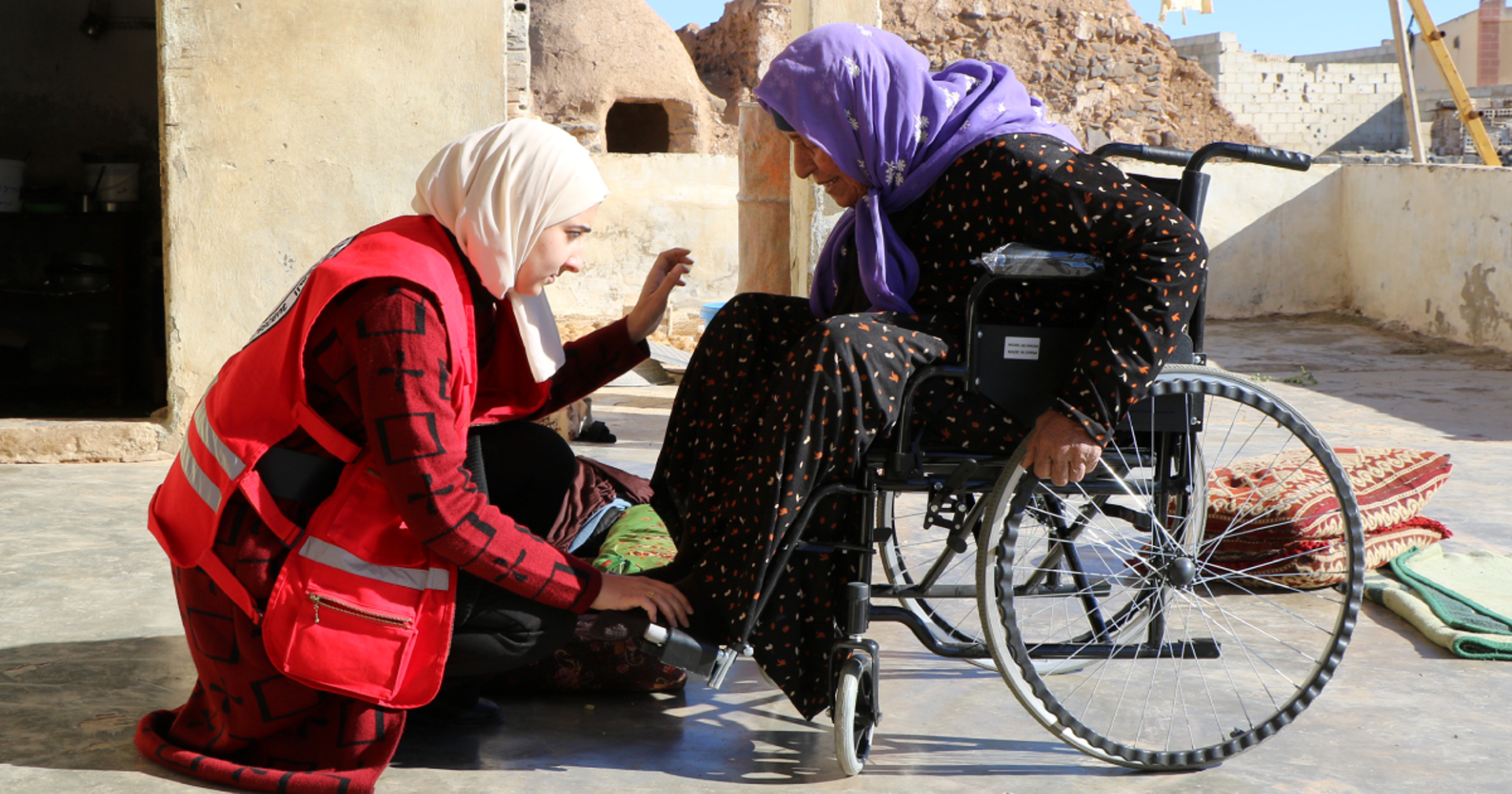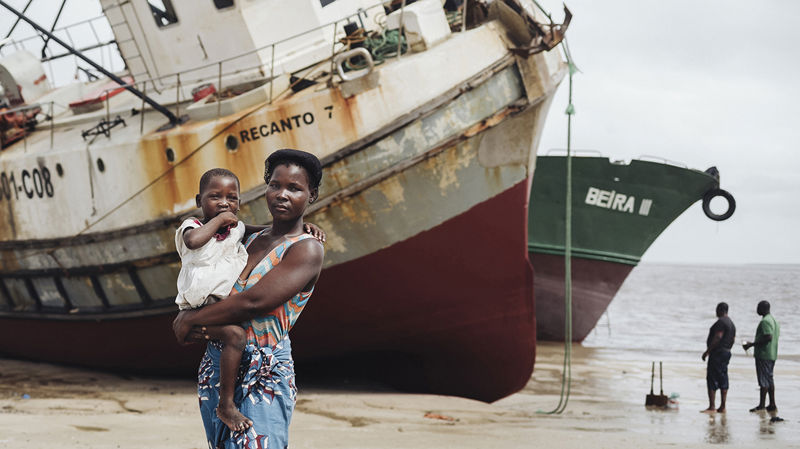We continue our work in the middle of prolonged humanitarian crises

We work as part of the international Red Cross and Red Crescent Movement in difficult and prolonged humanitarian crises. The Ministry for Foreign Affairs of Finland has granted EUR 13 million to support this work in 2024.
Long-term crises often fall away of the daily news cycle and are then forgotten, but this does not mean that they are over. We are constantly working in the middle of prolonged humanitarian disasters, not only those in the public eye, but also those that have been left in the shadows.
In its humanitarian aid decisions during the first months of the year, the Ministry for Foreign Affairs of Finland granted funding through the Finnish Red Cross for operations of the International Committee of the Red Cross in sub-Saharan Africa (Sahel), Yemen and Ukraine.
In Ethiopia, the Ministry for Foreign Affairs supports the joint emergency response mission of the Finnish Red Cross and the Ethiopian Red Cross in the Tigray region affected by a conflict.
This operation will support victims of sexual violence and the most vulnerable families with cash aid and improve the availability of clean water and people’s access to urgent healthcare services.
The Ministry for Foreign Affairs will also continue to support the International Federation of the Red Cross and the Red Crescent Societies in Syria and Afghanistan. The Finnish Red Cross supports operations with financial and material aid and by sending aid workers.
“Globally, an exceptionally high number of people are in need of humanitarian aid right now. In Afghanistan alone, more than half of the country’s population – 23 million people – are in need of humanitarian aid,” says Eeva Warro, the humanitarian aid coordinator of the Finnish Red Cross.
In Afghanistan, we meet the basic needs of the most vulnerable families, provide shelter and promote people’s access to healthcare services. At the same time, we are working actively to ensure that also our female employees can work in the communities in need of help.
Many of these crises have continued for a long time. The conflict in Yemen has lasted nearly a decade, for example. During that period, the basic preconditions for life, such as access to clean water, have become significantly more difficult and basic social services, such as health care, have almost collapsed.
“In many prolonged conflicts, the operating environment is extremely complicated. One of the most crisis-prone areas in the world is Sahel, where support is directed especially to Mali and Niger. The region suffers not only from armed conflicts and political instability, but also from extreme weather phenomena caused by climate change, such as drought and floods. So we are talking about several ongoing crises overlapping each other,” says Warro.
Disability inclusion work in Syria continues
The humanitarian needs of Syria are enormous: about 16.7 million people are in need of help of the country’s population of more than 22 million people.
The situation was made even more challenging by the earthquake in February 2023, the destruction of which is still being repaired, as well as the unstable security situation in the Middle East, continued inflation and poor availability of cash and basic supplies.
Since 2017, we have supported the work of the Syrian Arab Red Crescent to improve the status of disabled people, such as maintaining physiotherapy centres.
For 2024 and 2025, the Ministry for Foreign Affairs of Finland will allocate a total of EUR 3 million to disability inclusion work in Syria. The funding will be distributed further through the International Federation of Red Cross and Red Crescent Societies.
“Approximately six million people in Syria are living with a disability or other impairment. It is extremely important to take into account the needs of people with disabilities and to involve them in the aid work to ensure that our help reaches all groups of people. For example, the Syrian Arab Red Crescent employs persons with disabilities at the physiotherapy centre. Disabled people have invaluable expertise in areas such as aid equipment they themselves use in their daily lives,” says Mari Koistinen, the senior specialist on protection, gender and inclusion of the Finnish Red Cross.
Over the next two years, we will aim to reach around 200,000 people in Syria with our support, including disabled people and their family members. The Syrian Arab Red Crescent provides people with disabilities with various physical rehabilitation and health services as well as cash aid.
